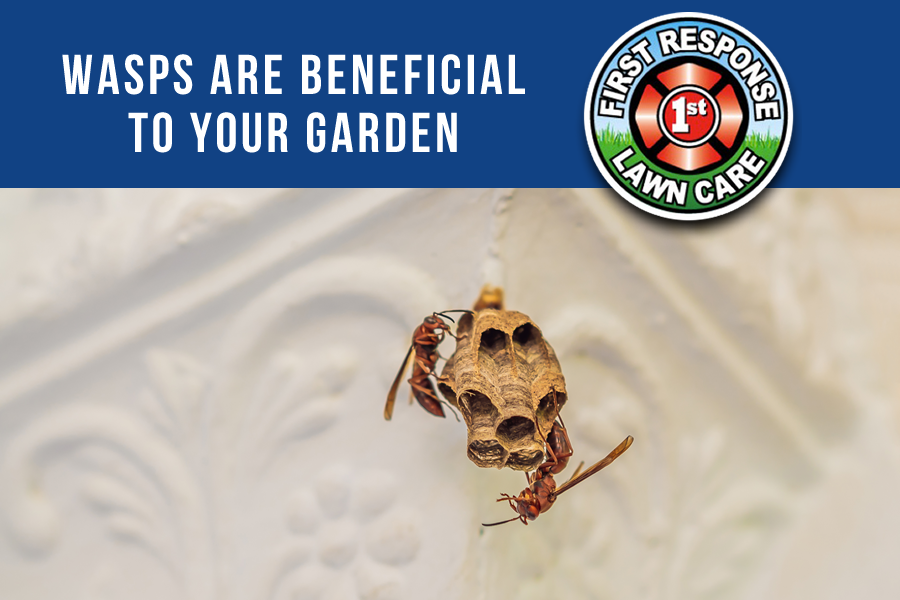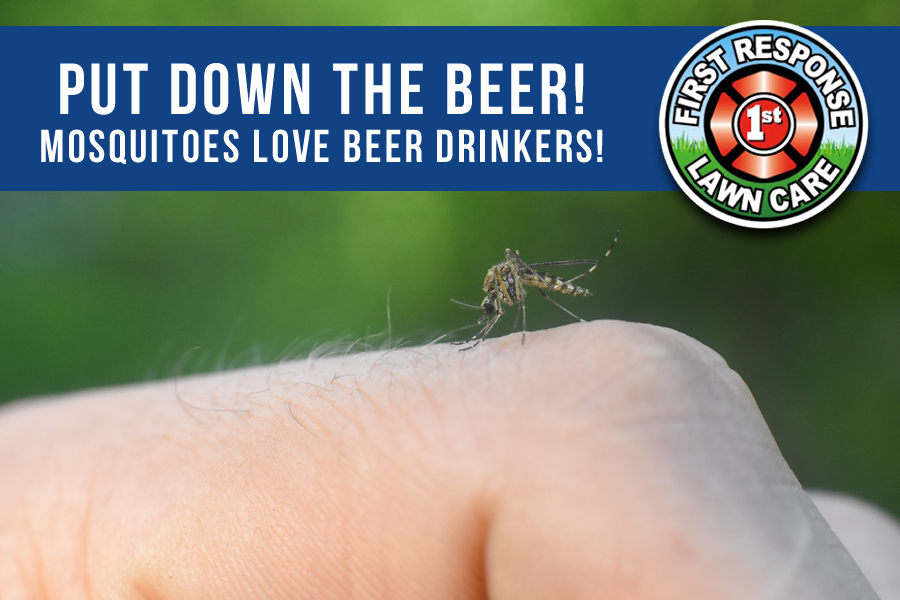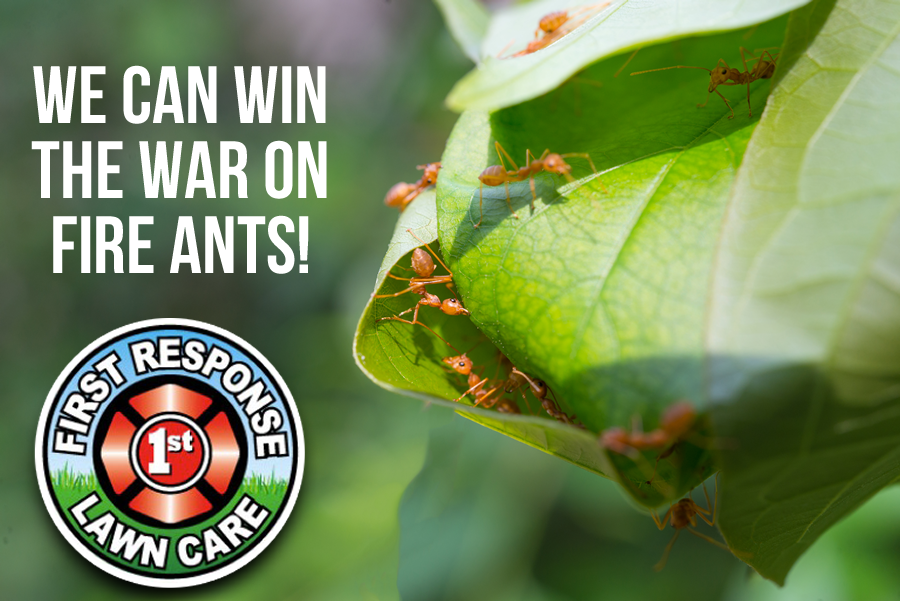
Prepare Your Lawn For Fall
The last day of summer is September 23, 2019.
After the hot Texas summers, the cool brisk weather is more than welcome as fall approaches later this month. Now is the transitional period to take care of your lawn in preparation for fall. There are a few things to do to make sure that you and your lawn are ready for cooler temperatures.
Here are a few tips to help you prepare your lawn for a seasonal transition in northeast Texas.
1. Continue To Mow
Regardless of the season, a rule of thumb when it comes to mowing is to never cut more than one-third of the height. Cutting your lawn too short can make it susceptible to diseases. Continue mowing even after summer to keep the lawn healthy. When the majority of the growth has stopped you won’t have to mow as often as you would in the summer months.
2. Fertilize
Mulch the grass as you mow the lawn. The grass clippings act as an organic fertilizer by applying the required nutrients to your grass while they decompose. In the fall, fertilizing your lawn will help protect it and keep it healthy when the cool weather rolls in. Before fertilizing your grass on your own, make sure you know what type of grass you have in order to choose the correct fertilizer. This should be a granulated fertilizer that is applied to the lawn using a manual spreader. First Response Lawn Care has an excellent 7-step program. All fertilizer and herbicides are commercial grade. We are licensed with the Texas Department of Agriculture Lic #450863. Our fertilizing program uses a 7 step program to ensure your yard is healthy and the best in the neighborhood.
3. Discard Weeds
Weeds are a constant problem and hassle to keep them away from your garden and lawn. Fall is one of the best times to treat for weeds allowing you enough time to completely discard of all the weeds before growth begins in the spring. When pulling weeds, it is important to grab the root in its entirety. Snipping the roots at ground level won’t remove it and it will be able to grow back. Our weed control program alleviates the problem of pulling weeds alltogether.
4. Aerate
During the summertime, it’s safe to say that your lawn gets a lot of traffic. With heavy traffic comes compact. When the soil is compacted, it can’t retrieve the vital nutrients needed to sustain healthy grass. Aerating your lawn breaks up the soil and allows it to “breathe.” First Response Lawn Care provides aeration services to Rockwall, Texas, Royse City, Caddo Mills, Fate, and surrounding communities. The results are a healthier and stronger turf and root zone that are able to better withstand turf related diseases, pests, and weeds.
Fall lawn care may not seem like it’s that important, but in order to maintain a lush lawn in northeast Texas, it’s crucial to practice proper lawn care maintenance year round.
Need help with preparing your lawn for Fall? Whether it is mowing, fertilizer and weed control, aeration of any other lawn maintenance, contact First Response Lawn Care today at 214-701-7622. We can help!




